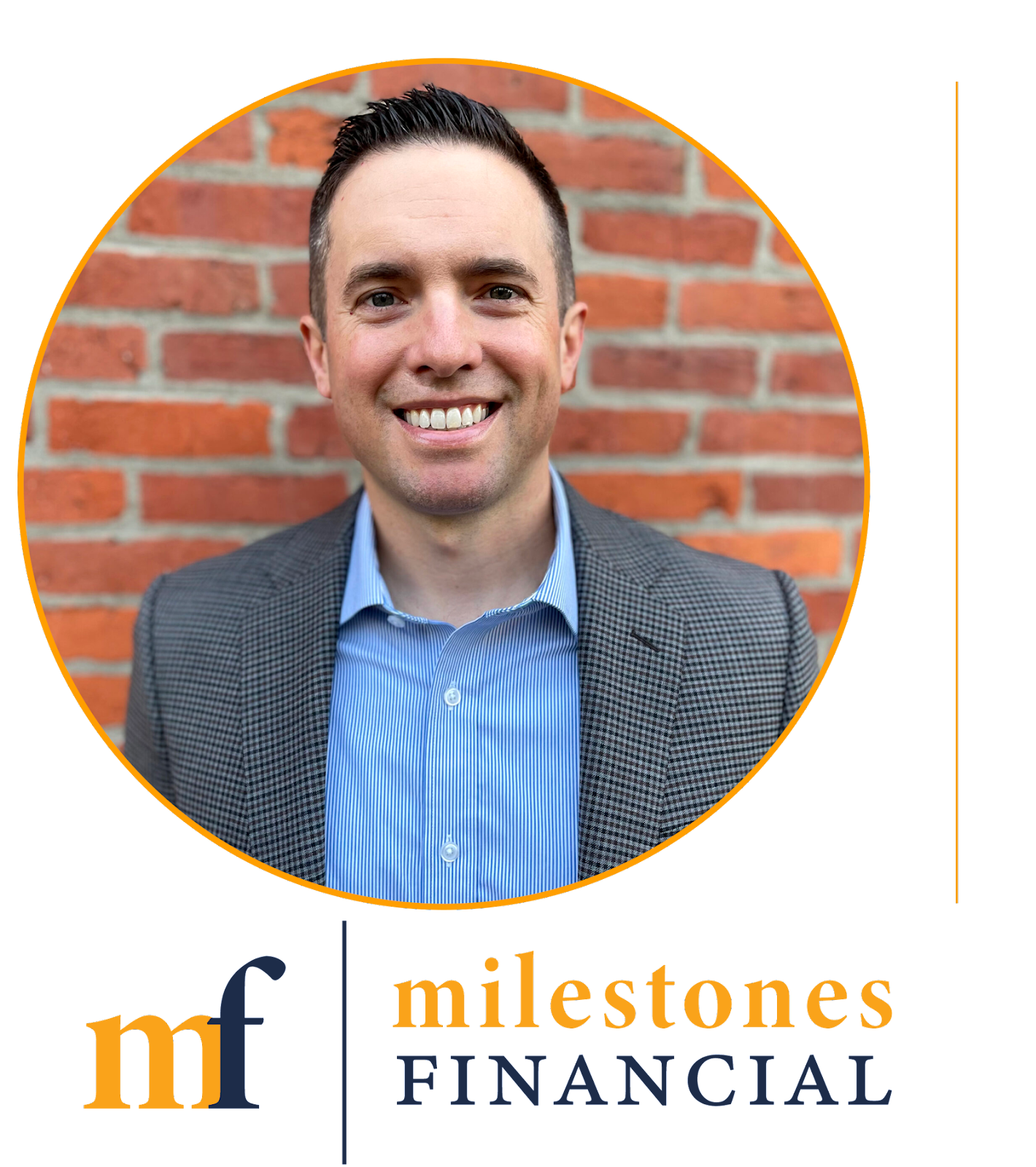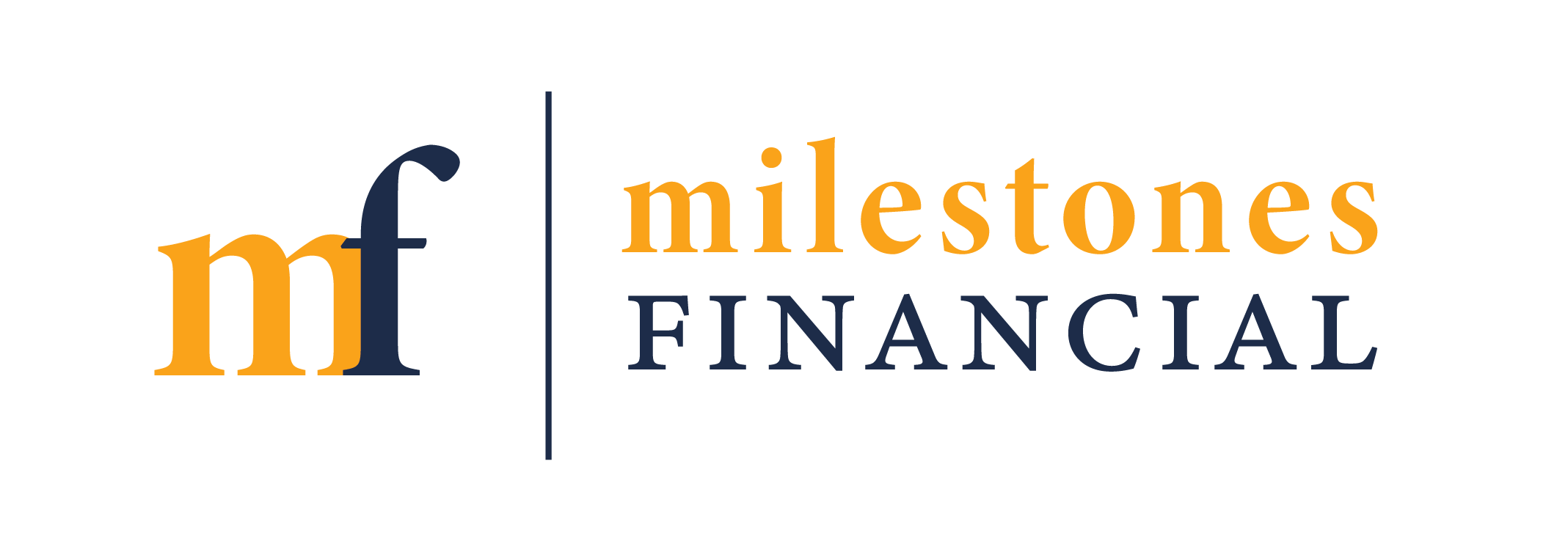How to Find a Great Financial Advisor: 4 Questions You Need to Answer
As you face a major life event that impacts your financial circumstances, partnering with an ethical and knowledgeable financial advisor can help facilitate a smooth transition into this new phase.
How do you go about finding this ethical, qualified financial advisor?
4 crucial questions to answer before picking a financial advisor:
- Can I trust this person?
- Is a financial advisor worth it?
- Is this person legitimate?
- Is this the right financial advisory firm for me?
Additionally, the Financial Industry Regulatory Authority (FINRA) has worthwhile recommendations to consider before, during, and after selecting a financial professional.
1. Can I trust this person?
This may be the most challenging question to answer.
Simply being a nice person who can quickly build rapport with you just does not cut it when it comes to being a trustworthy person. There is a reason why “FINRA is authorized by Congress to protect America’s investors by making sure the broker-dealer industry operates fairly and honestly.”1 As the fable taught us as children, beware of the wolf in sheep’s clothing.
In this type of setting, I believe transparency is the finest way to illustrate trustworthiness.
While you are searching for, and ultimately working with, a financial professional, I believe the most applicable definition of transparency in a client-advisor relationship is the manner in which he or she receives compensation and, most importantly, how it is disclosed to you. Is it in plain English? Do you understand how the financial professional is being compensated and what exactly the amount is (i.e., in dollars and not in percentages)? Is the disclosure buried in fine print that any normal person would have a difficult time finding and understanding what it says?
Money can change someone’s behavior; even for the most good-hearted person. The manner in which a financial professional is compensated can create significant conflicts of interest with the recommendations made to his or her clients.
Serious conflicts of interest result when a financial professional’s compensation is based on taking a percentage of your investment portfolio and/or receiving commissions from selling you insurance products.
If someone can make more money based upon certain recommendations being made to you, what recommendations do you think that person may make? Unless you are working with a financial professional that must adhere to the fiduciary standard 100% of the time, it is quite possible that you will receive recommendations that will put more money into that financial professional’s pockets. Those types of recommendations made to you are likely under the suitability standard and not the fiduciary standard.
Is this really the quality of financial advice and recommendations you want to receive from a financial professional?
At my financial planning firm, Milestones Financial, our fixed fees are clear and fair.
Our transparent, fixed fees substantially reduce this built-in, monetary conflict of interest since our recommendations do not affect our compensation, which helps to free us from that influence to think strategically for our clients with no other ulterior motive. We also conduct ourselves under a fiduciary duty (i.e., a duty of undivided loyalty) to every client.
This dynamic really matters with any advice you receive from anyone in any setting.
The truth will set you free is more than a religious statement.
2. Is a financial advisor worth it?
This question is really asking if a financial professional’s value proposition is worth your money, time, and effort.
It is important to understand what you truly want from working with a financial professional, because the services provided can vary wildly from one to another, even those that I consider to be highly ethical and qualified.
At Milestones Financial, we provide what is commonly referred to as fee-for-service financial planning, which describes how we are compensated solely by our clients and never make commissions by selling financial products or receiving kickbacks from brokerage firms.
Personally, I like to say that our services are considered to be fee-for-outcome, because the outcome is what really matters to our clients. Our goal is to help you get your financial house in order and help keep it that way for the rest of your life. We want the emotional outcome of advancing through our financial planning process to be greater clarity and confidence.
We strive for you to have a 10/10 level of confidence that no matter what happens in the market, the economy, or the world, like a pandemic or a war, you are going to be okay financially for the rest of your life.
To help you get your financial house in order, it takes about 12 months to complete our initial financial planning process. This process is not, I’m going to write up a financial plan for you. We’re going to have a meeting. We’ve got a checklist of 7 things. And, voila! Your financial house is now in order.
If you are wondering what I mean by helping you get your financial house in order, please see our Wealth Planning page on our website to learn more about the financial planning topics we can cover as part of this engagement for clients.
3. Is this person legitimate?
Unlike physicians, attorneys, and many other professionals, the financial services industry does not have a standard pathway into the profession. By comparison standards, the barrier to entry in the financial services field is low.
To complicate matters for people searching for an ethical, qualified financial advisor, there is an absurd number of professional designations (i.e., 241❗️2), and a number of these designations amount to being nothing more than marketing fluff to help create the feeling of credibility in the consumer’s eyes.
FINRA has a tool “to decode the letters that sometimes follow a financial professional’s name. You can also see whether the issuing organization requires continuing education, takes complaints, or has a way for you to confirm who holds the credential.”2
When it comes to professional designations, I believe in quality over quantity.
I am a CERTIFIED FINANCIAL PLANNER™ professional and an enrolled agent (EA) of the IRS, which EAs are the only federally licensed tax practitioners who specialize in taxation. I also have a bachelor’s degree in Human Ecology (majoring in Family Financial Management) and a bachelor’s degree in Nursing from The Ohio State University.
Similar to how the healthcare profession has greatly improved patient outcomes due to the advancement of evidence-based practice, I too take a similar approach with my financial planning and investment recommendation services. I am of the strong belief that just because something has always been done a certain way does not mean it is the way it has to be done.
As mentioned before, I like to say our services are fee-for-outcome because outcomes are what really matters to our clients. Evidence-based principles amount to effectiveness, and effectiveness is what helps lead to better outcomes.

As your CERTIFIED FINANCIAL PLANNER™ professional, my job is to help you become as efficient as possible in the simplest manner possible while keeping you balanced between today and tomorrow. The most effective way for me to do this is to help you get your financial house in order and help keep it in order for the rest of your life.
4. Is this the right financial advisory firm for me?
Following these recommendations can certainly help you find an ethical, qualified financial advisor. What has not been discussed yet is the importance of gaining an understanding of the organization that employs or affiliates with that financial professional, because it is that organization that determines how that person will advise his or her clients and what financial products to recommend (i.e., sell).
Financial services organizations establish boundaries that their financial professionals cannot cross. Unfortunately for customers and clients of many large financial services organizations, their internal compliance standards are created for the lowest common denominator amongst all their financial professionals. This also narrows the scope and type of financial advice and recommendations you can receive.
So, how does the financial professional and the organization that employs or affiliates with him or her make their money? It is a very important question to ask, because people’s activities and focus naturally gravitate towards what makes them the most money. Businesses are no different, especially when they are the ones pulling the strings in order to increase their profitability.
At Milestones Financial, we are an independent, fee-only financial planning firm who is required to act in your best interest with all recommendations we make (i.e., the fiduciary standard). Not being affiliated with any bank, brokerage, or insurance company allows us to give advice without restriction or pressure to make certain recommendations to clients. We specialize in working with people who are approaching or in retirement seeking a relationship with a CERTIFIED FINANCIAL PLANNER™ professional that prioritizes their desire to retain full control over their money. We provide tax-efficient financial planning and investment recommendation services for people age 50+.
In addition to being fee-only, we are also an “advice-only” financial planning firm. This means we are not asset gathers. You get to choose where you want to keep your money. We never have access to your money, and we do not control your money. We give you financial planning and investment recommendations. It is up to you whether you would like to implement our investment recommendations during our meetings together, or if you would prefer to do it on your own. Our clients know that investment planning is far more complicated than just being able to make trades in their accounts for them.
Since our only source of revenue is from the fees our clients directly pay us to receive fiduciary financial advice and recommendations, we believe that we treat the advice and recommendations that we provide to clients differently than most other firms. Fundamentally, from a business perspective, when giving advice and recommendations is a firm’s only source of revenue, and not by taking a percentage of your investment portfolio and/or receiving commissions from selling you insurance products, clients notice and can tell the difference with the advice and recommendations they receive. It starts to speak for itself at that point.
Ready to start planning for your future?
You have spent your entire life working and saving, and now you have earned the right to fully enjoy the fruits of your labor.
As you are searching for, and eventually meeting with, a financial professional, it is important to be mindful that people’s activities and focus naturally gravitate towards what makes them the most money.
If you go to a butcher for diet advice, you will likely be recommended to buy meat. If you go to an insurance agent for financial advice, you will likely be recommended to buy annuity and/or life insurance products. If you go to a financial advisor that manages investments, he or she may say financial planning is free through the asset management fee you will be paying, but you may only receive a merely passable level of financial planning services just to gather your money.
We do not believe financial planning should be used as a sales technique to sell you insurance products or as a loss leader in order to gather your investable assets. Financial planning should be used to provide honest, straightforward solutions for your financial concerns.
In the end, when the core business of almost every financial advisory firm is managing assets or selling financial products, and all of their margins and profits are from those activities, there will likely be limits to how far they will go with their financial planning services (i.e., unless it is in service to their core business activities of gathering assets or selling financial products).
If what you truly want is fiduciary financial advice and recommendations, consider partnering with a fee-only, “advice-only” financial planning firm, like Milestones Financial.
To learn more, please schedule an introductory phone call to see if we may be a fit!
Citations:
1 “About FINRA.” FINRA, 2 Aug. 2023, www.finra.org/about.
2 “Professional Designations.” FINRA, 2 Aug. 2023, www.finra.org/investors/professional-designations.

Joshua A. Gallogly, CFP®, EA
Josh Gallogly, CFP®, EA is the Managing Member and Founder of Milestones Financial, LLC in Columbus, Ohio. He serves clients age 50+ who like maintaining full control over their money and provides professional advice on things like reducing their tax bill, investing smarter, and creating retirement income.
